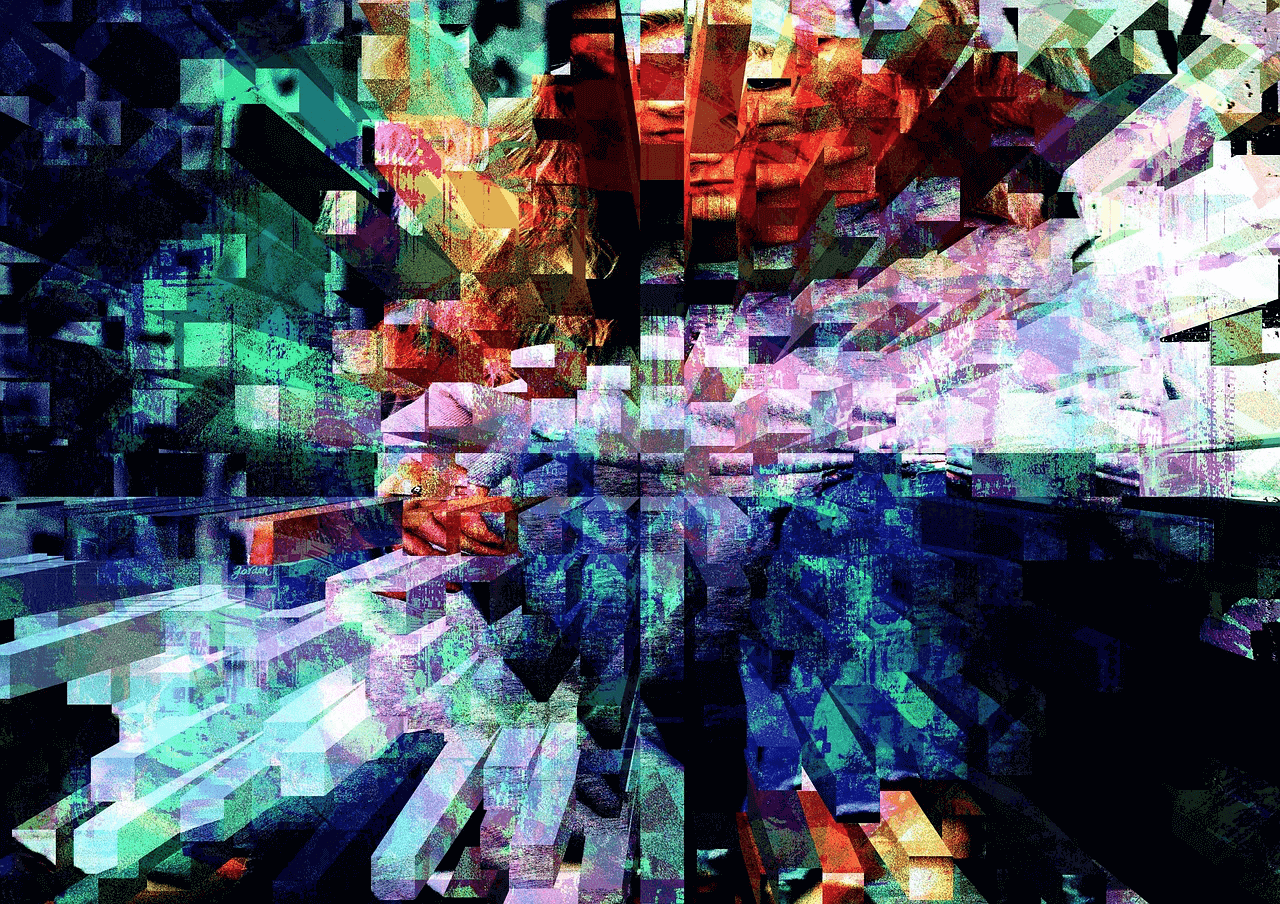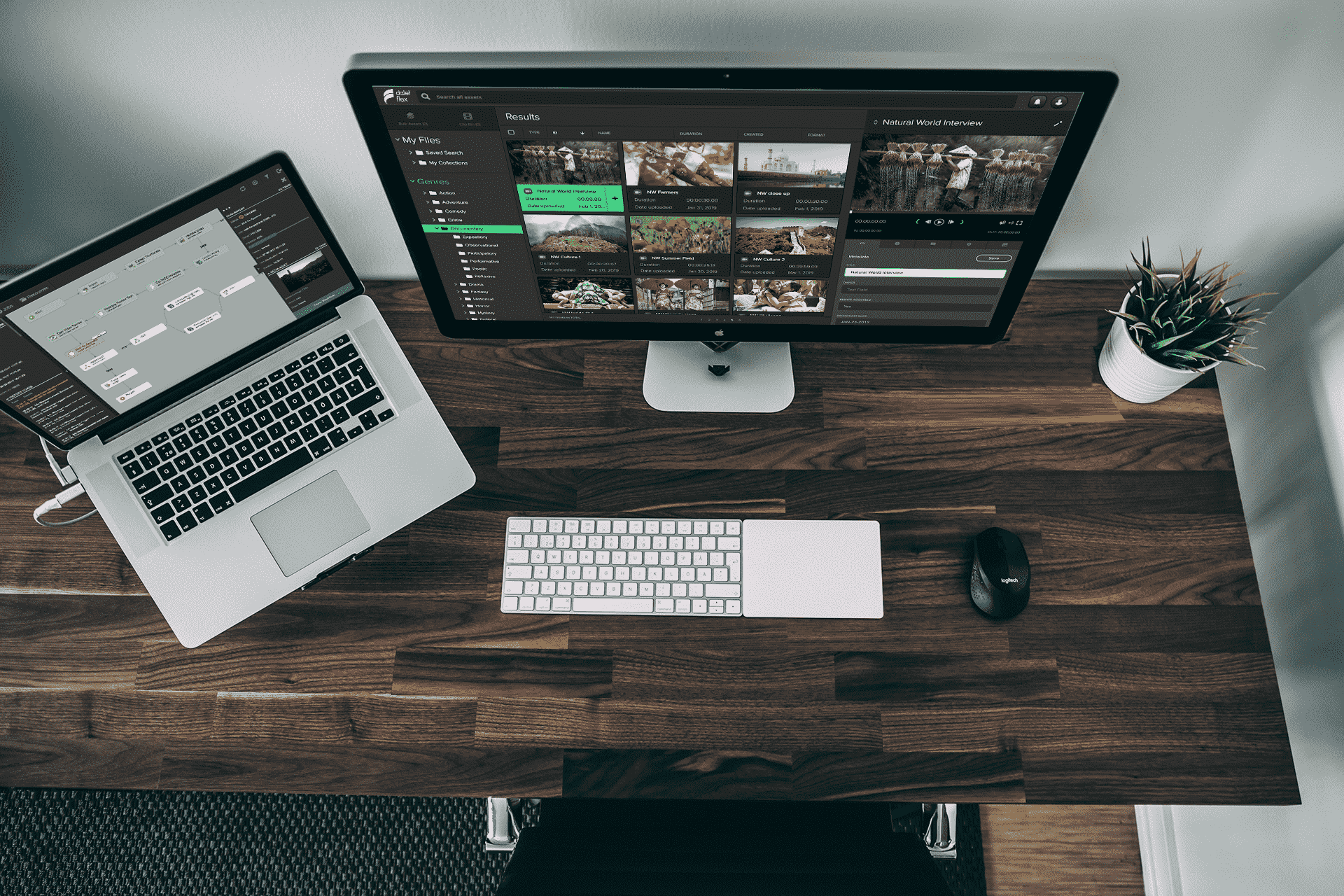I can imagine the scene now. I’m sitting on a chair in the forest many years in the future with my grandchildren trying to set fire to things or blow things up (the way they do). I will have just finished watching the director’s cut of “Le magasin des suicides” on my new super-duper 16K head-implant cinema-phone with neural-vision and life-sound. The little youngster will ask me why I only watch old French films and I’ll gather the little tykes around me and tell them a story:
“Back in the olden-days, children,” I’ll say, “in the days before digital, we used to make TV on tapes and we used to make movies on bits of plastic that we call film.”
They will look at me blankly and maybe even stop using FacePad to record the moment for their mates.
“These bits of plastic were special,” I continue, “you could watch the movie just by shining a light through the plastic. You didn’t need a battery or a screen or anything. It was really simple and all the movies that had ever been made could be seen on this really simple device. Yes, William, I know that some of the really old Nitrate movies had a tendency to blow up, but so did the batteries in the early phones and laptops! The thing is kids, I was at a SMPTE meeting in the late 1990s …Yes, William, that was in the last millennium. No, William, I am not a dinosaur, I’m just experienced.”
“Anyway, in this SMPTE meeting, a very wise man called Mr Poyntin laughed and said: “You know in 50 years’ time, all the movies made and stored digitally will all be lost because we’ll forget to back up the decoders required to recover the video and audio”. “I too, laughed at this.”
“No, William, I know it’s not a funny punch-line, but the point is this: In 2013, the French government was asked if the French film producers would be allowed to put a digital copy of their movies in the French National archive instead of a copy on plastic film. The film producers said that the cost making an old-fashioned film was making it too expensive and was unfair. The government reviewed the law and said that all the film producers made their films digitally and they all had to file a plastic film copy, therefore it was the same for everyone. It was fair. The French policy of égalité was preserved. You can read about it in the old papers”.
“What is really funny, William, is that in the great solar-flare winter of 2026, all the digital film archives were lost and only the French film archives remain. 2026 was the end of the era we call the Digital Darkness and so we all started again, except the French who are still able to fill all their channels with repeats from the last millennium.”
OK, so maybe it’s a little far-fetched that we will lose everything in a solar flare outbreak, but consider the issues of digital interoperability. If you’re making digital archives today, then you are putting a 2015 footprint on the material. That footprint will limit the audio-visual quality for future generations because of the codec you choose. It will have various bitstream, wrapper and colorimetry issues that will only become important in 20 years’ time. The decisions you make for codecs and wrappers will haunt you for years.
If you choose open standards like MXF from SMPTE, the DPP standards and even QC standards being developed by the EBU, then you stand a significant chance of your material being monetized over and over as the years go by.
AmberFin is a strong supporter of open standards because we want you, our customers, to escape the digital darkness.
With 30 years in the industry, Bruce looks after Media Technology for Dalet. An engineer who designed antennas, ASICs, software, algorithms, systems and standards, Bruce is best known for being @MrMXF and you can get his book on Amazon.
More Articles By Bruce


